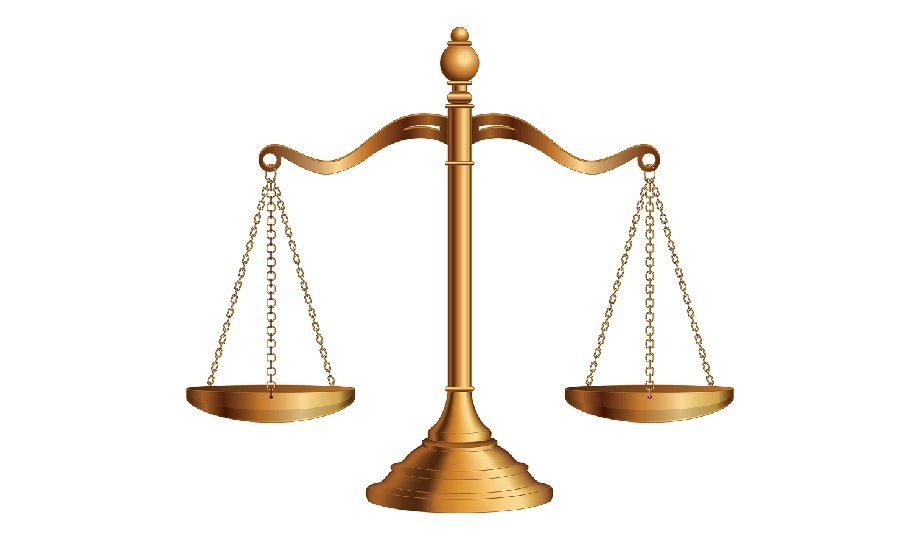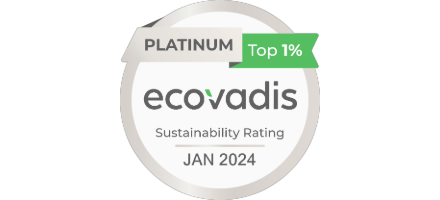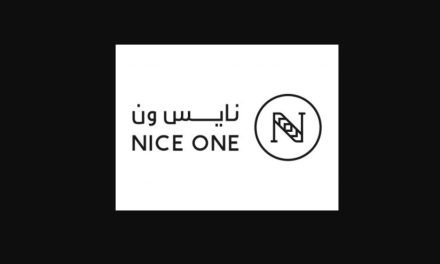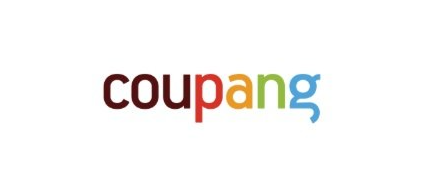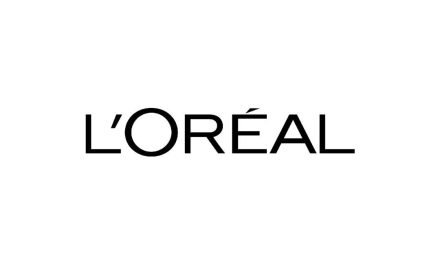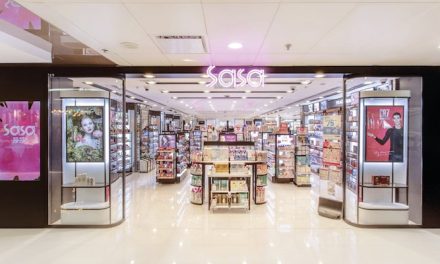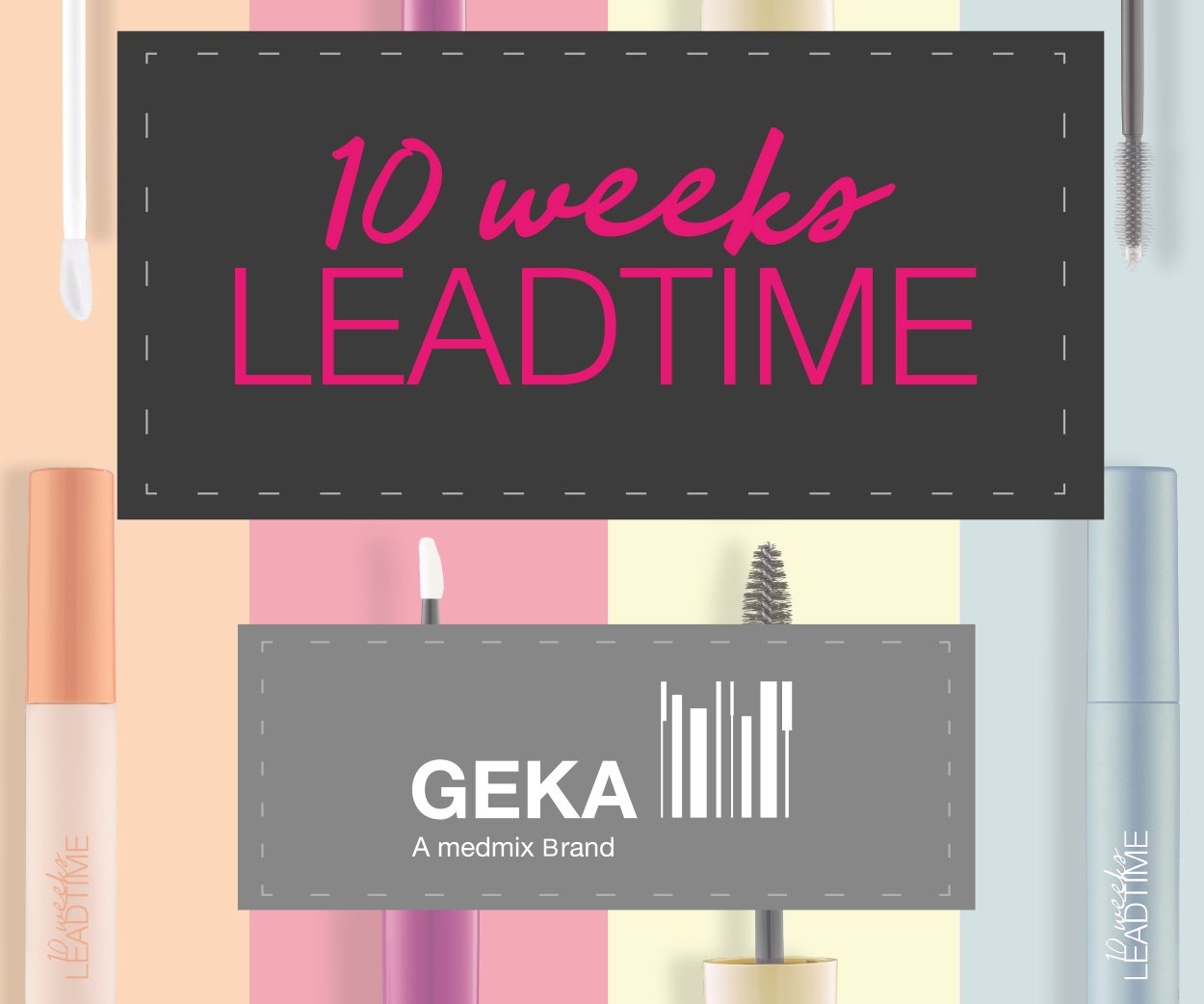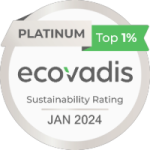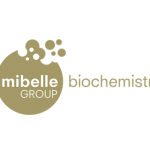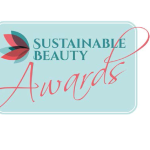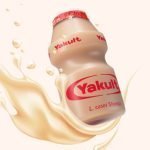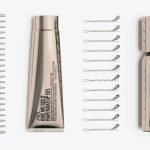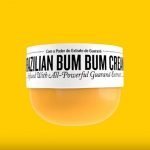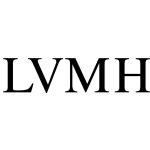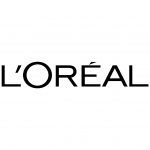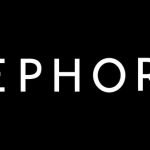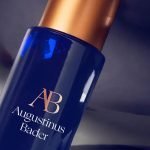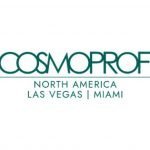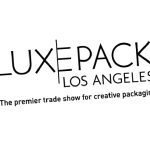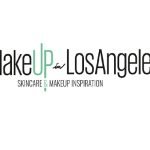FIRST HALF Cruelty free cosmetics and product safety have long been the dominant regulatory issues faced by the cosmetics industry but, in 2022, we saw lawmakers turn greater attention to greenwashing and the environmental impact of the products on offer too. The European Union in particular has started to legislate in this arena, drafting new circular economy rules and potentially banning greenwashing. And in the UK, the Advertising Standards Authority wrapped Unilever’s knuckles for its ‘ambiguous’ eco claims.
And while, as in previous years, we’ve seen more and more countries drop animal testing requirements and China relax its rules, this was the first time for a long time that we’ve seen a government potentially wipe the legislation and reverse the ban. But that’s exactly what’s happening in the UK as a raft of EU legislation is set to be revoked in the aftermath of Brexit. Similarly, the EU’s long-held cruelty free mantra is under threat, with Dove working to prevent the ECHA demanding new animal tests on widely used cosmetics ingredients.
Perhaps the repeated product safety scandals aren’t helping the cause. This year, the safety scandals kept on coming, from PFAS controversy to benzene in aerosols. South Korea banned POPs and eight perfluorinated compounds in cosmetics and we saw both L’Oréal and CoverGirl slapped with class action suits over forever chemicals and the EPA downgrade safe consumption levels considerably.
SECOND HALF For while traditionally it’s been left to the courts to slap wrists over uninvited or controversial ingredients, this year we saw legislative bodies reach the end of their tether – California even threatened to claw back the ‘staggering’ clean up cost of forever chemicals from manufacturers.
Will we see a similar move over the repeated instances of benzene in products? After all, this year has seen multiple recalls and/or lawsuits involving virtually every major manufacturer out there, P&G, Beiersdorf, Banana Boat and Unilever among them.
On the other hand, the regulators don’t seem to be in any great rush to hold manufacturers to account over safety concerns. After all, Johnson & Johnson has been given the go-ahead to sidestep its multibillion dollar talc litigation via the Texas two-step.
WHAT’S NEXT? With a controversy around every corner, it should come as no surprise that the clean beauty movement has gained such ground in recent years. Consumers have turned regulator, making their feelings known by way of their wallet but will the legislators catch up in 2023? And with inflation soaring as manufacturers contend with soaring costs will an increased regulatory burden be in anyone’s interests?

